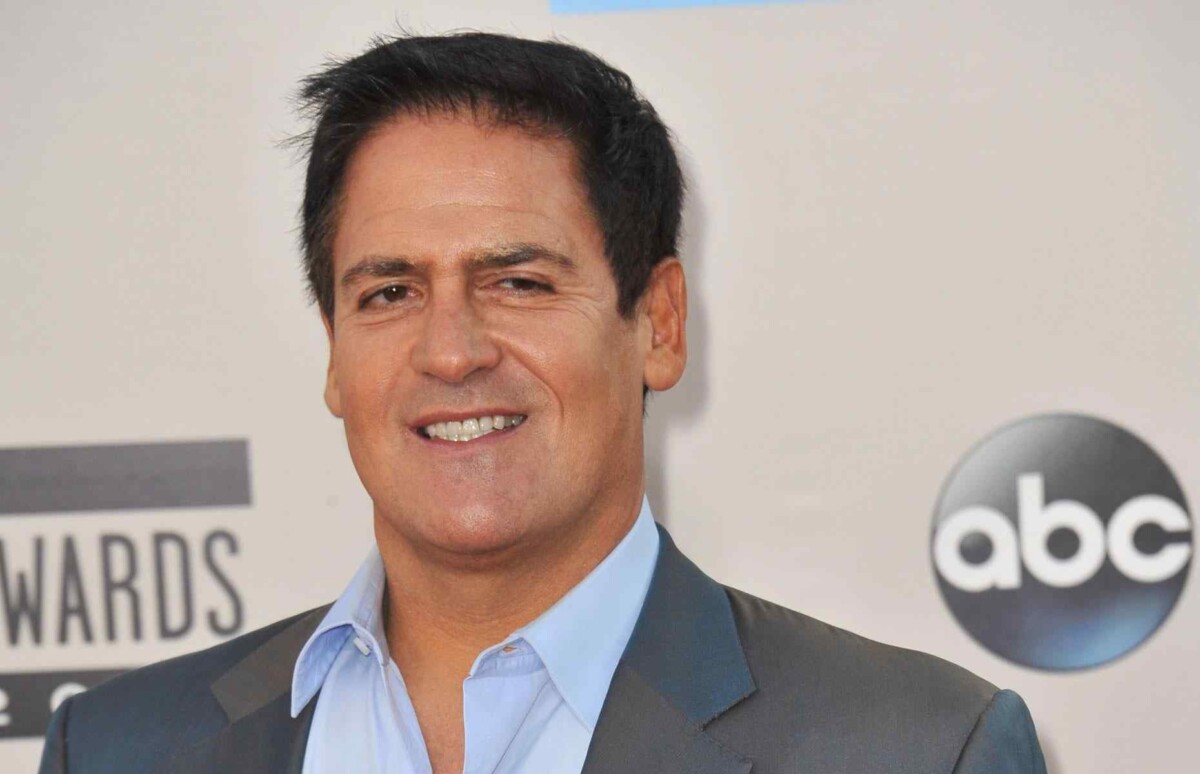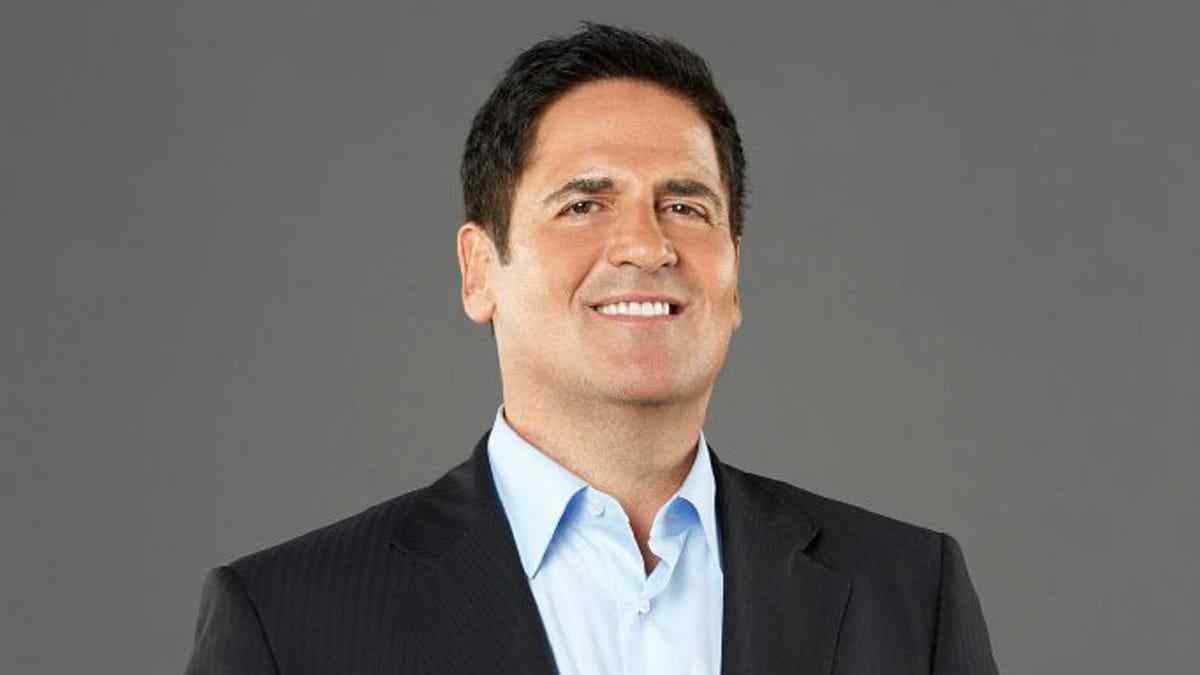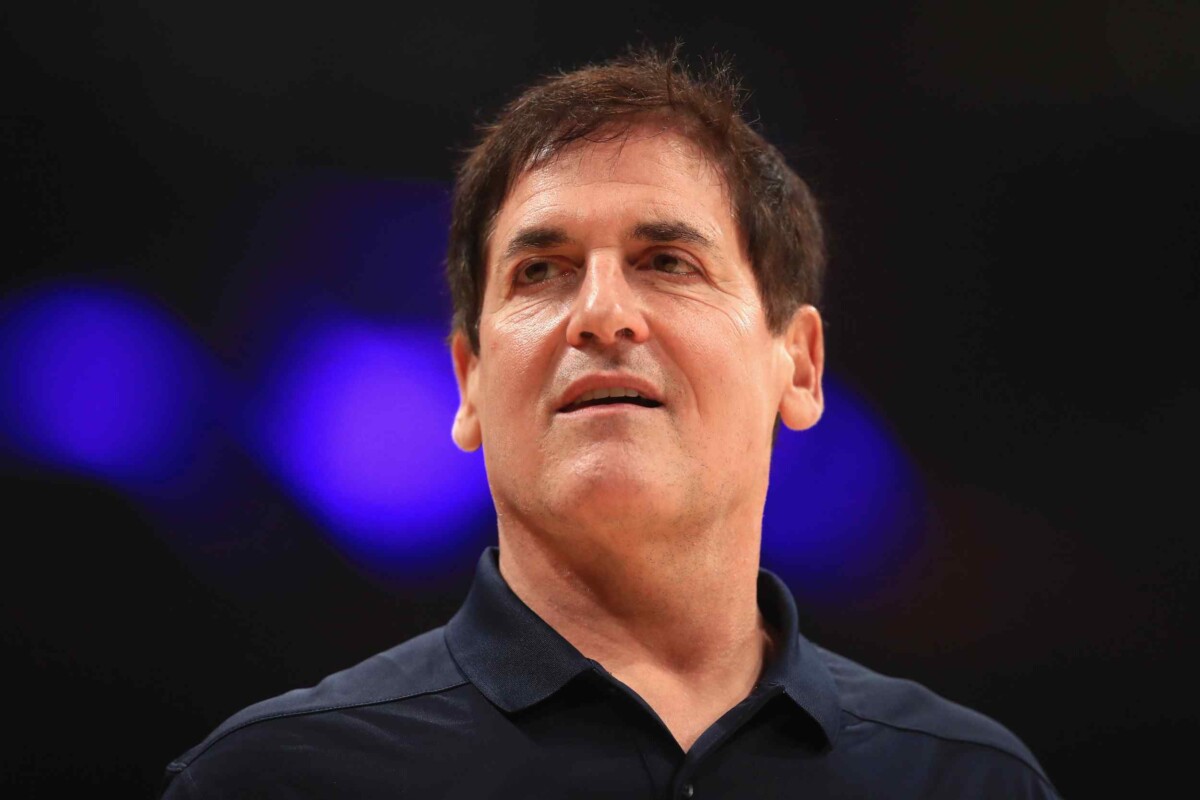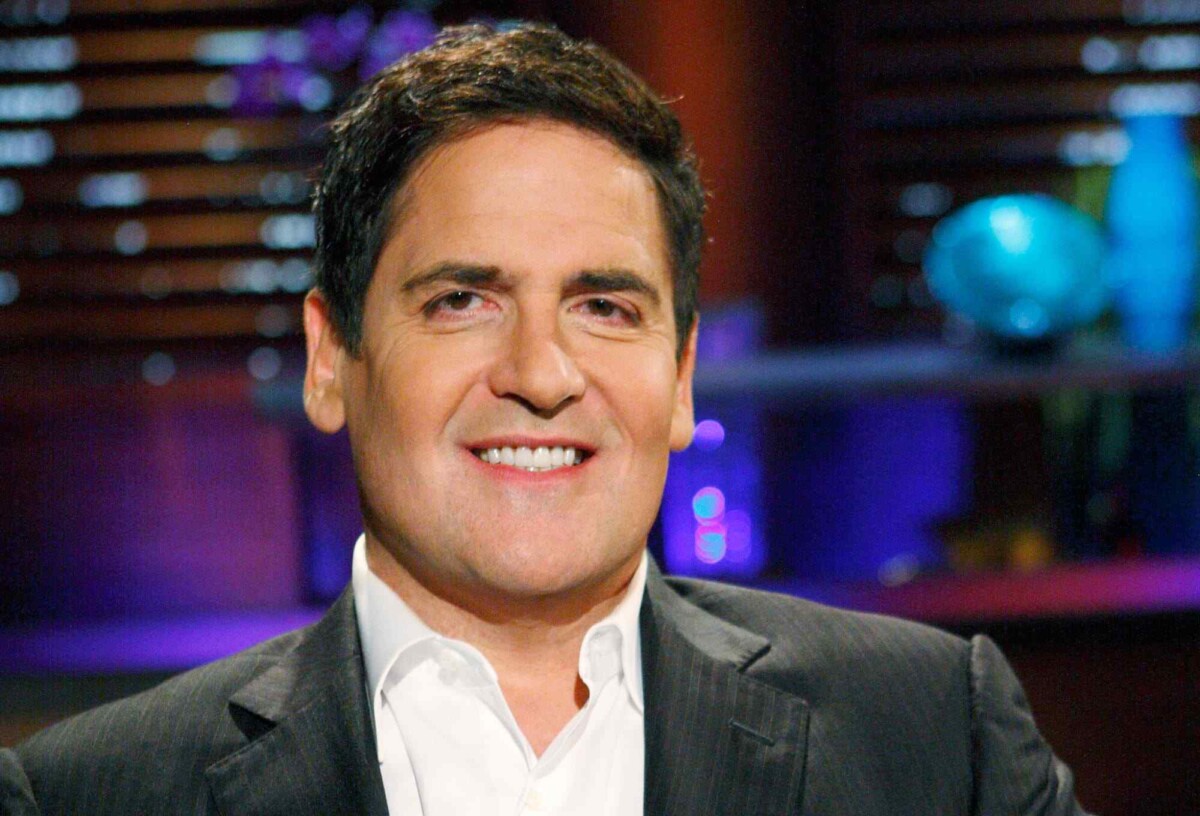Introduction
Legal proceedings involving Mark Cuban and the United States Securities and Exchange Commission (SEC) have permanently altered the landscape of corporate governance, law, and financial markets. Renowned businessman and Dallas Mavericks owner Mark Cuban became mired in a lengthy legal dispute with the SEC over insider trading claims. From Cuban’s early cooperation with the SEC to the final dropping of charges, the complexities of this case offer an intriguing behind-the-scenes look at how regulatory supervision meets high-stakes financing. This article explores the complex dynamics of the SEC trial of Mark Cuban, looking at pivotal moments, legal viewpoints, and the larger effects on the corporate and legal spheres.
History And SEC Probe
Cuban Sold 6% Of His Mamma.Com Stock In 2004
Mark Cuban sold his substantial 6% interest in Mamma.com, a Canadian web search engine, in 2004. In the aftermath of this deal, the United States Securities and Exchange Commission (SEC) became involved, looking into any links between Cuban’s sale and the firm’s ties to an infamous stock swindler. For the next several years, this set the stage for a chain reaction.
The First Contact Between The SEC And Cuban Regarding Possible Stock Swindler’s Role
The SEC reached out to Cuban after he divested from Mamma.com, expressing worry over the company’s possible ties to a stock swindler. Noteworthy, Cuban refused to have his legal staff communicate with the SEC and instead insisted on handling the matter personally. By taking the initiative, Cuban showed that he was prepared to answer the SEC’s questions with cooperation and transparency.
Cuban’s Involvement In The SEC Probe
Cuban, in a surprising twist, cooperated fully with the SEC’s inquiry. A whole suite of papers pertaining to his association with Mamma.com, including trade records, filings, and emails. It were turned over to the regulatory authority after their questions. The goal of this degree of openness was to let the SEC learn more about Cuban’s sale. And put to rest any worries about possible misconduct.
The SEC’s Unanticipated Probe Into Cuban Insider Trading Charges
The SEC stunned Cuban and his lawyer a few years later by announcing an investigation into insider trading allegations, despite Cuban’s cooperation and openness. Before Mamma.com announced a private stock offering, the SEC asserted that Cuban had sold his shares deliberately . It is by using insider information he had gotten from CEO Guy Fauré. An reported $750,000 loss was averted by Cuban as a result of this action. Cuban was taken aback by the sudden change from cooperation to investigation. Which set the stage for a protracted legal struggle that would last for seven years.
Mark Cuban Allegations

The Insider Trading Allegation Made By The SEC
Mark Cuban was accused by the Securities and Exchange Commission (SEC) of insider trading for allegedly exploiting confidential information gained from Guy Fauré, CEO of Mamma.com. Cuban allegedly sold all of his Mamma.com shares the day before the business announced a private stock offering. It is after receiving a call from the SEC about a possible stock swindler’s involvement with the company. Since the private stock offering reduced the value of the shares, Cuban was able to avoid a $750,000 loss, as reported by the SEC.
The Motives Of The SEC, According To Cuban
Cuban stated in an interview that he believes the SEC singled him out before Madoff. Because they were looking for a prominent name to implicate. He thought that as a public figure, he was fair game for any public relations smear campaign. The pursuit of the case against him by the SEC, in Cuban’s view, was lacking in both planning and study.
Cuban’s Recognising A “Huge Mistake”
When asked about the gravity of the SEC’s charges against him, Mark Cuban admitted he had made a “huge mistake” in his assessment. He was forthright in admitting that he had first dismissed the SEC probe as insignificant. And thought he could settle it with a single meeting. But Cuban understood the seriousness of the situation as the court procedures progressed. After first rejecting the lawsuit, he now sees the need of mounting a strong defence against the SEC’s accusations, and this acknowledgment shows that. The insider trading trial’s intricate dynamics are further complicated by Cuban’s open admission.
Legal Views On The SEC’s Suit
The Panel Evaluates The SEC’s Case
Experts in the field of law discussed the merits of the SEC’s case against Mark Cuban. All of the panellists agreed that the SEC’s claims were without merit. The lack of conclusive proof connecting Cuban to insider trading and an uncertain chronology were major elements in this perspective. The panel examined the SEC’s claims and pointed out any holes in the prosecution’s case.
The Case Against Knowing Insider Trading By Someone Of Cuban’s Intelligence
The panel did touch on the point that someone of Mark Cuban’s IQ and commercial skill wouldn’t intentionally engage in insider trading, which is noteworthy. Cuban, being a very successful businessman and investor. It would not put his name and wealth at risk by engaging in illegal operations, according to this viewpoint. The panel looked at Cuban’s public persona and business background, highlighting how insider trading contradicts his reputation and previous judgements.
A Former Enforcement Lawyer’s Views On The SEC’s Case Choosing Procedures
During the conversation, a former SEC enforcement lawyer shared their perspective. Which illuminated how the agency chooses which cases to pursue. The ex-insider shed light on the SEC’s case-filing process, explaining that evidence strength is not necessarily the deciding factor. The choice of the SEC to prosecute particular persons may be impacted by factors like public perception, the frequency of cases, and external forces. This viewpoint cast doubt on the impartiality and comprehensiveness of the SEC’s investigation.
An Ex-Prosecutor Calls Out Systemic Problems At The SEC
During the course of the conversation, a former prosecutor admitted that the SEC’s procedures had several shortcomings. In his criticism of the SEC’s trial competency hierarchy, the ex-prosecutor pointed out potential weaknesses in the agency’s ability to conduct thorough and impartial investigations. The SEC’s impartiality in handling high-profile cases was further cast into doubt by this admission. In order to create a more efficient and equitable regulatory climate, the panellists emphasised the importance of changes and upgrades inside the SEC.
The Decision Of Cuban Not To Resolve

Mark Cuban was under intense pressure to contemplate a settlement after becoming aware of the SEC complaint against him from a number of sources, including Robert Hart, his general counsel. Most people felt that going to court was not worth the hassle and expense, regardless of guilt or innocence. On the other hand, Cuban’s unwavering rejection of the notion of settling was based on deep-seated factors.
Peer Pressure To Get A Deal Done
Several others, including Mark Cuban’s longtime general counsel Robert Hart, pushed for a settlement with the SEC. In order to prevent drawn-out court fights, the financial and legal communities frequently view settlements as practical answers. Cuban might have avoided the uncertainty and possible harm of a trial by settling and moving on with his life.
Worries About His Children’s Legacy
It wasn’t just Mark Cuban’s self-interest that drove him to refuse to settle. He mentioned that he was worried about leaving a legacy for his three young children as one of the main reasons. Although Cuban received advice that the action may not be worth the stress and expense. He insisted that the case was a representation of his legacy. He stressed the need of clearing his name because he wanted his children to remember him in a positive light.
Guidance From Cuban To Those Able To Take On The SEC
As the lawsuit progressed, Mark Cuban offered advice to anyone facing the SEC. Especially those with the means to mount a defence, based on his experience. Advice for those in a similar circumstance was offered by him in a video interview. “If you’ve got resources, fight ’em, because they’re not that smart.” Cuban’s claim shows that he thought there was a chance to fight the SEC’s accusations. And he wanted those who could afford to do the same to do so.
Methods For Trial Preparation And Execution
The Jury’s Positive Reaction To The Mock Trial
A simulated trial was conducted by Mark Cuban’s defence team . It is as part of their thorough trial preparation leading up to his insider trading trial. The objective of this strategic manoeuvre was to mimic the dynamics of a courtroom and assess the attitudes of prospective jurors. Surprisingly, the jury’s verdict in the simulated trial was very favourable to Cuban’s side. In the lead-up to the trial, the confidence and strategy of the legal team were probably impacted by this good feedback.
Highlighting The Point That Knowledge Of The Private Placement Was Generalised
An important part of Cuban’s defence plan was stressing how information about the private placement investment was readily available before he sold his shares in Mamma.com. Defence attorneys sought to disprove the SEC’s allegation of insider trading. It is by showing that Cuban had relied on publicly available information. The goal of this calculated reliance on the information’s public character was to skew the story and give credence to Cuban’s account.
Tom Melsheimer’s Jury Connection And Texas Roots Justified His Inclusion On Cuban’s Legal Team
The hiring of Tom Melsheimer as a defence attorney was a pivotal choice in Cuban’s approach. Melsheimer, the managing principal of Fish & Richardson and a native Dallasite, had a distinct advantage thanks to his ties to Texas. Cuban and his general attorney, Robert Hart, intentionally hired Melsheimer. It is because of his charisma and ability to connect with Texans, knowing how important it was to establish a connection with the jury. The importance of knowing the local laws and hiring a lawyer who could speak to the jury clearly was highlighted by this judgement. Which contributed to what Cuban called a “expensive slam dunk.”
Cuban’s Friend And Financial Advisor: How The SEC Handled The Case
Charlie McKinney of Credit Suisse, a long-term friend of Mark Cuban’s and his financial advisor, was also a target of the SEC’s efforts during the insider trading trial. The SEC’s hostile attitude was on full display when they called McKinney as a witness . And tried to discredit him by interrogating him extensively. It appeared like the point was to make McKinney look bad, like a thief and a liar.
In a private conversation, Cuban voiced his displeasure with the way the SEC had dealt with McKinney. A close associate, McKinney, was shamefully targeted by the SEC during the trial, he stated. Cuban demonstrated McKinney’s tenacity and dedication to the truth during the proceedings. It is even when the SEC attempted to damage McKinney’s reputation.
Cuban Responds To SEC Lawyer’s Statement: “It’s Just Business, Nothing Personal”
Notable exchange: “Tell your friend Charlie, it’s just business, nothing personal.” This came from an SEC lawyer who seemed to be dismissive as the trial came to a close and approached Mark Cuban. The SEC’s stance on the trial was summed up in this statement. Which emphasised that the legal proceedings were just another aspect of their job.
But Cuban was completely opposed to this view. He believed the SEC’s behaviour was highly biassed because of the baseless accusations levelled about McKinney’s character. In Cuban’s view, the trial had an effect on more than just commercial dealings; it also affected relationships and reputations.
Confidence Of Winning The Case Despite Anxieties During The Verdict Announcement
As the trial came to a close, Mark Cuban experienced a mix of excitement and nervousness as the jury announced their decision. Cuban confessed to being “scared shitless” as the jury was about to deliver their verdict. It is while maintaining his confidence in the validity of his evidence throughout the proceedings. The human element of negotiating a high-stakes legal dispute was on full display in this moment of vulnerability.
As it turned out, Cuban had nothing to worry about. On October 16, 2013, a federal jury declared him not guilty of any insider trading allegations. The triumph put an end to a seven-year legal struggle and strengthened Cuban’s determination to counter the SEC’s accusations. The behind-the-scenes story of this high-profile case became even more intricate as Cuban’s reaction. The SEC’s treatment of his friend and financial advisor, and the eventual win were interwoven.
Officials And Guests At The CLE

Notable Individuals Who Attended The CLE Programme
As befits such a high-profile case, the CLE programme that provided insight into Mark Cuban’s insider trading trial attracted an illustrious audience. Judge Catharina Haynes of the United States Court of Appeals for the Fifth Circuit, U.S. District Judge Joe Fish, General Counsel John Torres of Lennox International, Executive Ron Taylor of Blue Cross Blue Shield, General Counsel Chris Willis of Interstate Battery, and retired General Counsel Gary Kennedy of American Airlines were among the important individuals in attendance. Witnessing the presence of such renowned solicitors and business moguls only served to heighten the case’s profile.
How The Trial Will Influence The Legal And Business Worlds
The presence of these notable figures underscores the trial’s wider influence on the corporate and legal spheres. Mark Cuban’s insider trading case, which took seven years to resolve, centered around discussions on the SEC’s investigative techniques, the difficulties of high-stakes legal battles, and the consequences of such cases on individuals and corporations alike. As a case study, the trial shed light on the many moving parts of insider trading accusations, the significance of working with regulatory agencies, and the strategic choices that individuals must make when confronted with such obstacles.
Beyond the realm of law, the trial’s impact reached into the business sector as well. It made people think about how powerful people, government agencies, and the media all interact with one another. Cuban’s unwavering stance, motivated by his desire to leave a lasting legacy for his children, brought a personal touch to the court processes and sparked conversations about the importance of personal convictions vs practical legal answers. The trial’s effects reverberated across executive offices and boardrooms, igniting a larger discussion regarding corporate responsibility, legal tactics, and the relationship between one’s professional and personal reputation.
Essentially, the impact of the trial and the CLE program’s notable attendees demonstrated the far-reaching consequences of legal proceedings involving influential figures. These proceedings have left an impression on the corporate and legal communities, as they shape discussions and considerations for future cases.
Conclusion
A complex story has emerged in the wake of Mark Cuban’s SEC trial, one that delves into the nitty-gritty of the law while also inviting bigger considerations of regulatory scrutiny, personal conviction, and the reputation of corporations. The subsequent exoneration and Cuban’s unwavering unwillingness to compromise highlight the difficulties of dealing with prominent figures and regulatory agencies. Insider trading, regulatory standards, and the lasting influence of legal battles on personal and professional legacies are all topics that the legal and corporate worlds are still trying to make sense of, and the Mark Cuban SEC drama is a fascinating chapter in that evolving conversation.
Frequently Asked Questions
1. What Did The Sec Say About Mark Cuban’s Insider Trading?
The SEC claimed that Mark Cuban utilised confidential information he had obtained from Mamma.com’s CEO to sell all of his shares the day before the company announced a private stock offering, lowering the value of his shares and therefore avoiding a $750,000 loss.
2. Even Though He Was Advised To Settle With The Sec, Why Did Mark Cuban Not Do So?
Mark Cuban chose to fight the allegations in court rather than settle with the SEC because he was worried about leaving a legacy for his children. He reasoned that clearing his name would be worth the hassle and expense of going to court.
3. How Did Mark Cuban’s Professional And Personal Reputation Fare As A Result Of The Sec Trial?
Mark Cuban’s reputation, both in his personal life and in his career, took a major hit throughout the trial. The importance of personal conviction in legal battles was highlighted by his unwillingness to compromise and the consequent clearing of charges, which reaffirmed his dedication to maintaining a positive legacy.
4. The Sec Brought Charges Against Mark Cuban; How Was The Legal Community’s Reaction?
Opinions from solicitors regarding the merit of the SEC’s case were divided. Some people thought the accusations were baseless, pointing out that an intelligent person like Cuban wouldn’t intentionally participate in insider trading. Some others saw problems with the way the SEC chose which cases to investigate.
5. What Did The Presence Of Dignitaries And Other Noteworthy Individuals Indicate, And What Part Did They Play In The Proceedings?
As a reflection of the trial’s wider significance, dignitaries such as judges and corporate executives attended the CLE programme to discuss the case. Their participation in the trial highlights its importance in the legal and corporate communities, where it will likely spark debates about corporate governance, regulatory standards, and legal strategy.


